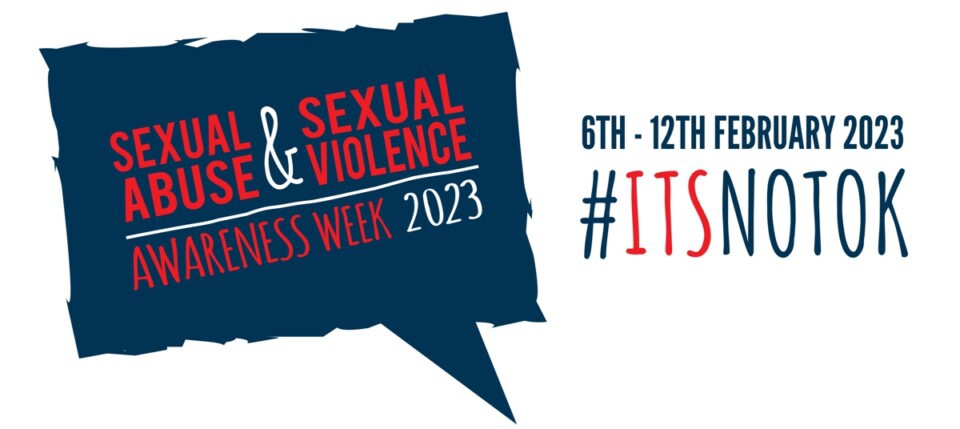
Content warning: This article mentions sexual abuse, which some people may find upsetting.
Do you believe that everyone deserves to live free from abuse and feel and be safe? At Thirtyone:eight, we’re committed to empowering society to respond appropriately to those who are vulnerable or have experienced abuse. We believe that everyone deserves to live free from abuse.
What is sexual abuse?
Sexual abuse is forcing or enticing a person to take part in sexual activities. For children who have been groomed and manipulated, they may not be fully aware that this is happening, and the abuse can appear to be a loving act at the time, which can feel confusing.
The abuse may involve:
- physical contact and touching
- non-contact activities like exposure to pornography or witnessing sexual acts.
- having your photo taken or being filmed for the production of indecent images or video.
- rape, attempted rape, including date rape
- sexual assault and harassment
1 in 4 women have been raped or sexually assaulted as an adult, 1 in 20 men have been raped or sexually assaulted, and 1 in 6 children have been sexually abused. (Source: Rape Crisis)
Recognising the signs of sexual abuse
There are many indicators of sexual abuse, some of which include:
- bruising
- bleeding in the rectal or genital areas
- sexually transmitted disease or pregnancy where the individual cannot consent to sexual acts
- self-harming
The Christian vision for sex and relationships
Thirtyone:eight is a Christian organisation, and we’re inspired to "speak out on behalf of the voiceless, and for the rights of all who are vulnerable", as Proverbs 31:8 instructs us. This is the foundational pillar of all our work. Sexual abuse and sexual violence are serious violations against someone’s body and mental, emotional, and spiritual health.
Christian beliefs around bodily autonomy are grounded in the principle that our bodies are more like temples than playgrounds. That far from being mere objects for other people’s desires, our bodies are precious and to be celebrated – not used for the gratification of others.
The biblical vision for sex and relationships is far richer and grander than the low-bar benchmark of consent, as vital as that is. As Glen Scrivener says in his book, The Air We Breathe, anyone who has power over another must use it to serve others rather than exploit them. He argues that in the ancient world, the concepts of consent and sexual abuse weren’t even categories that would have been understood.
Sexual consent
Roman adult males had the right to use whoever they wanted for their own sexual pleasure – girl, woman, or boy. “Christianity brought into the world a category of child abuse that was simply not there in the ancient world,” says Glen. He goes on to say,
“…it brought into the realm of sexuality the idea of consent and the necessity of consent when previously it wasn’t there… in short you have to believe some incredibly Christian things to believe in the crimes of sexual abuse.”
The historian Tom Holland also writes about common principles we take for granted like equality and liberty born from the Jesus revolution in his book Dominion: How the Christian Revolution Remade the World.
Sadly, major independent inquiries like the Independent Inquiry into Child Sexual Abuse (IICSA) have revealed serious abuse of power in faith settings, institutional cover-ups, and re-traumatisation of victims and survivors of sexual abuse. Still, all of this horrific abuse is thrown into stark contrast to the teachings of Jesus and the life of sacrificial love he exemplified. The behaviour of some Christians and the teachings of Jesus can be utterly different and are not to be conflated.
Sexual abuse is not OK
Isn't that just self-evident? It hasn't always been seen as such, as history shows us. Reputable secular historians such as Tom Holland make a compelling case that ethical principles we see as self-evident in today's society were far from commonplace in the Greco-Roman world. The reason that changed, he argues, was Jesus and the ripple effect of Christianity. In antiquity, what we now call child sexual abuse wasn't just seen as OK – a man sexually abusing a boy was seen as noble and even virtuous. A woman's body wasn't respected and honoured as her own.
Sexual abuse is a horrific subject to talk about, but we must speak up for those who have been harmed or are at risk of harm. By raising awareness of the signs of sexual abuse and the support that’s available, you can play your part in saying "it’s not ok."
References:
Holland, Tom, Dominion: How the Christian Revolution Remade the World, Basic Books (2019)
Scrivener, Glen, The Air We Breathe: How We All Came to Believe in Freedom, Kindness, Progress, and Equality, The Good Book Company (2022)
Chapter 4: Consent || 'The Air We Breathe' Bible Study || With Glen Scrivener - YouTube
Further information and support
Thirtyone:eight safeguarding helpline
Equipping the Church to stand against domestic abuse | Restored
Find rape and sexual assault referral centres | NHS
Help after rape and sexual assault | NHS
24-hour freephone National Domestic Abuse Helpline | Refuge
24/7 Rape & Sexual Abuse Support Line | Rape Crisis (England and Wales)
Thirtyone:eight is not responsible for third-party content on external websites.
